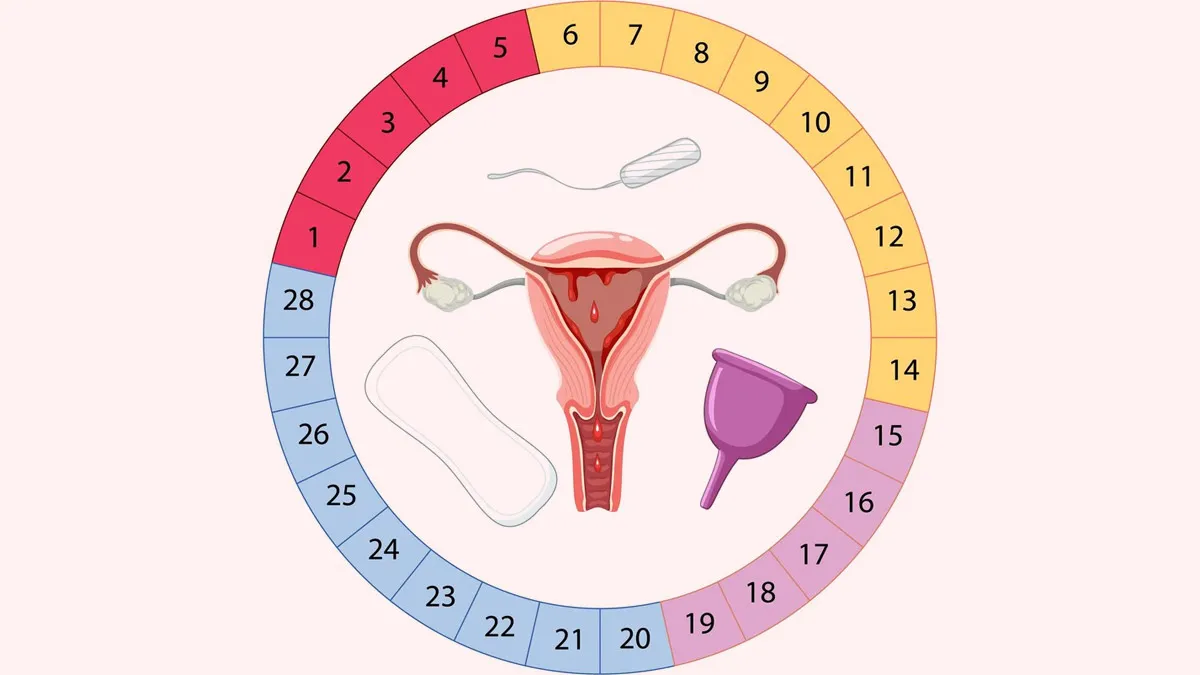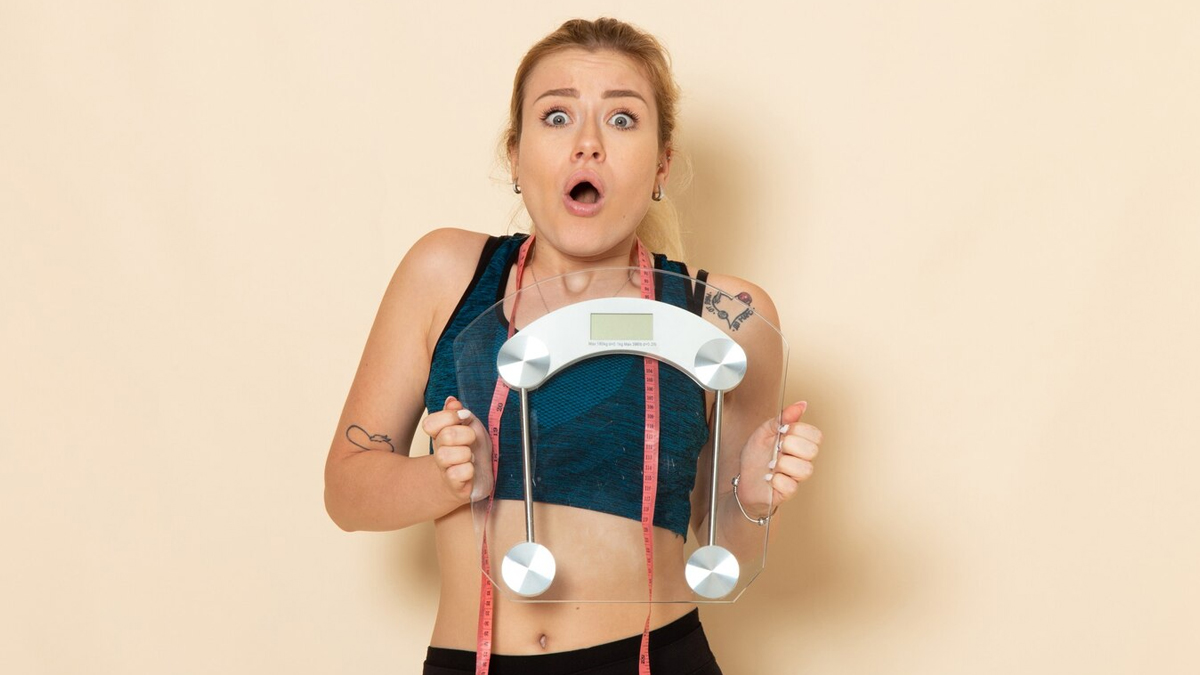
Have you ever noticed your periods acting up right after a sudden weight gain or an intense fitness streak? Your menstrual cycle is more sensitive to weight changes than you might think. From skipped periods to heavier flows, your body uses your cycle to communicate that something’s off balance. Don't dismiss changes in your cycle; your body communicates with you, and it's worth listening to.
Table of Content:-
We spoke to Dr N Sapna Lulla, Lead Consultant - Obstetrics and Gynaecology, Aster CMI Hospital, Bengaluru, who explained how weight fluctuations interfere with your cycle.
Why Does Weight Matter?
"Weight gain or loss can impact your menstrual cycle. The menstrual cycle is largely controlled by hormonal fluctuations, particularly oestrogen, which is linked to body fat levels. Any weight change can interfere with this hormonal balance and cause irregularities," explained Dr Lulla.
How Weight Gain Affects Your Periods

Did you know excess body fat is linked with increased oestrogen production? High oestrogen can interfere with the regular release of eggs (ovulation), resulting in:
- Irregular or missed periods
- Heavy or prolonged bleeding
- Hormonal imbalances like Polycystic Ovary Syndrome (PCOS)
PCOS is a common hormonal disorder that causes weight gain and reproductive problems in many women. It can also manifest in other ways, such as acne, facial hair growth, and trouble losing weight.
How Weight Loss Impacts Your Cycle

On the flip side, significant or rapid weight loss, usually through restrictive diets, over-exercising, or disordered eating, can cause your body fat and oestrogen levels to drop below what your body needs to maintain a healthy menstrual cycle. This can lead to:
- Missed or absent periods (amenorrhoea)
- Infertility due to lack of ovulation
- Weakening of bones over time due to low oestrogen
As noted in Clinical Obstetrics and Gynecology, being underweight can lead to missed periods. This situation is often seen in competitive athletes and women with eating disorders. To have regular menstrual cycles, women should maintain a body fat percentage of at least 22%.
According to a 2013 study, gaining weight from a low BMI helps lessen the strain on your body, enabling it to resume ovulation and menstruation. This process also restores oestrogen production and safeguards your bone health.
Also Read: Should You Avoid Doing Yoga During Periods? Which Asanas Are A Big NO NO
The Ideal Balance
"Maintaining a healthy weight promotes hormone balance and ovulation. A Body Mass Index (BMI) range of 18.5–24.9 is usually optimal for menstrual well-being, although each woman is unique. Two women with identical BMI may nonetheless have varying menstrual experiences," added Dr Lulla.
A 2015 study suggested that if you are either underweight or significantly overweight and not experiencing your periods, reaching a healthy weight could likely reactivate your regular cycle.
When to Seek Help
Changes in your menstrual cycle can be your body's way of signalling that something needs attention. If you experience:
- Missed periods for three months or more
- Sudden changes in cycle length or flow
- Difficulty conceiving
- Symptoms of PCOS (acne, excessive hair growth, weight gain)
Bottomline
Dr Lulla concluded, "Timely medical guidance assists in finding underlying reasons and directing treatment, whether through lifestyle modifications, medication, or hormonal therapy. Your menstrual cycle is an indication of your internal body balance. If your weight fluctuates and your periods become irregular, don't ignore the signs."
[Disclaimer: This article contains information provided by an expert and is for informational purposes only. Hence, we advise you to consult your professional if you are dealing with any health issue to avoid complications.]
Also watch this video
Read Next
What Is Postpartum Hypertension? Find Out The Causes And Prevention For It After Child Birth
How we keep this article up to date:
We work with experts and keep a close eye on the latest in health and wellness. Whenever there is a new research or helpful information, we update our articles with accurate and useful advice.
Current Version